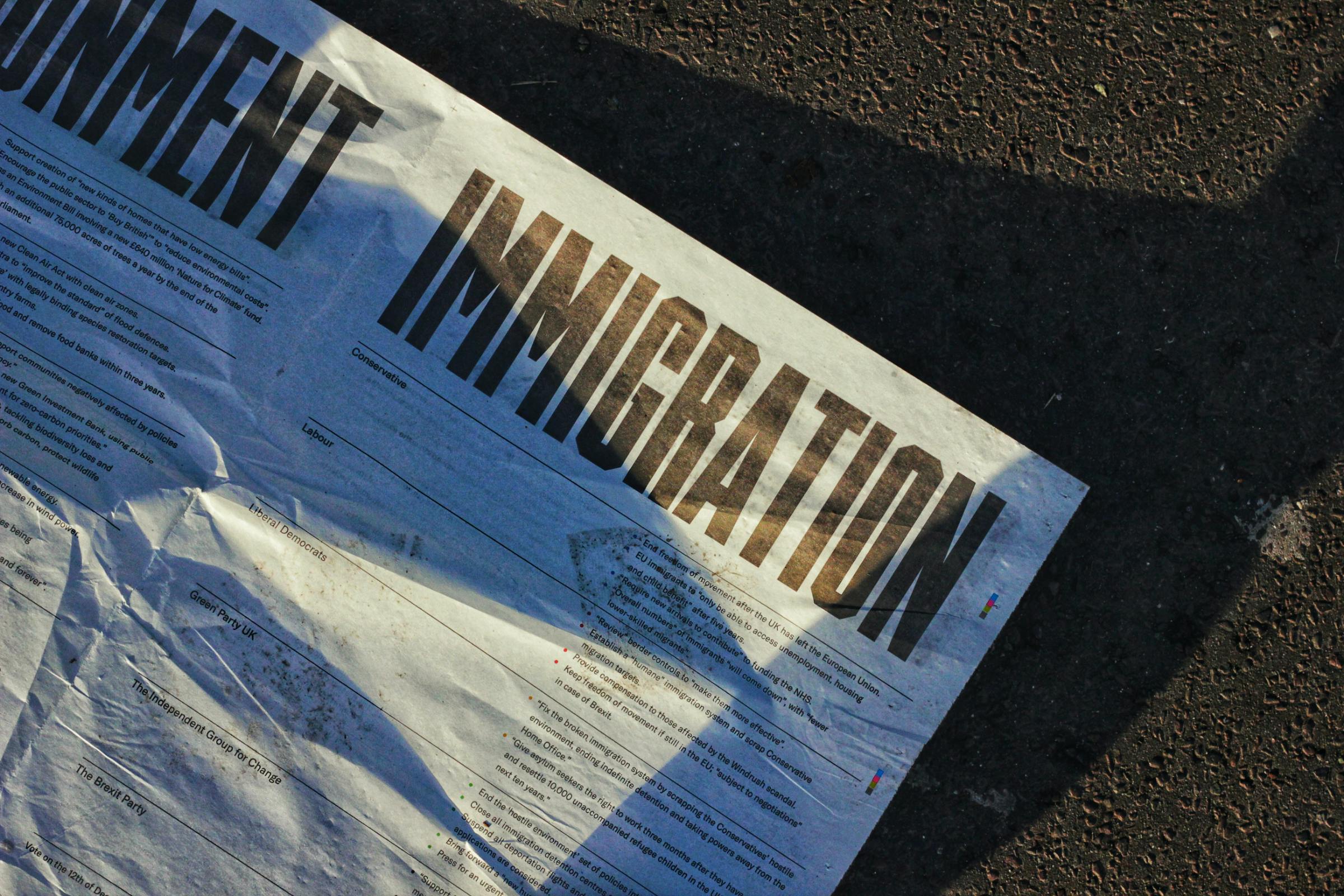The State Department has expanded their criteria for waiving certain types of visa interviews at U.S. consulates around the world. The new announcement came last week and will extend to H1-B workers seeking entrance to the United States (Persons in Specialty Occupations), their dependents, research scholars, athletes, and other individuals with extraordinary abilities. To see the full list of visas that the State Department will now consider waivers for interviews, please see the following link.
Just because the State Department has issued this new memo does not necessarily mean that individuals who qualify for these visas, or have approved petitions, will automatically have their visa interview waived. There is an important consideration for each visa applicant, and ultimately consular officers stationed around the world have the final say in whether or not they will bring individuals in for an interview or adhere to the updated visa interview waiver policy.
H1-B Visas and Dependents
The H1-B visa is an important specialty occupation visa granted to non-citizens usually working in a field in the US that requires specialized knowledge of a subject matter area (such as the life sciences, advanced business, etc.). The move to waive visa interviews in this category shows that the State Department in conjunction with the U.S. government is interested in filling many more jobs in this category that will benefit the U.S. economy and major organizations that have the budget to hire foreign talent. It also suggests urgency on behalf of hiring managers who need to fill key roles in the midst of the pandemic.
The visa interview waiver also extends to dependents coming to the U.S., such as the spouse or child of an H1-B visa holder. This policy ultimately helps such individuals have less wait time before reuniting with loved ones in the U.S.
There is an “innovation component” to the H1-B visa in that attracting foreign talent for specialized jobs ultimately has a bigger payout because of the innovative capabilities of individuals who qualify for such a competitive visa, and tend to work for organizations conducting cutting edge research.
The State Department is also, by issuing this directive for waiving more visa interviews, responding to Canada, which, as of last week, announced they broke their previous record of new legal residents at 400,000 for 2021 and generally competes with the U.S. in attracting foreign talent as well as research scholars.
O Visas
The State Department has also noted that they will extend the visa interview waiver to O visa applicants. The USCIS does a good job of breaking up the O Visa into its respective categories, such as the O-1A, O-1B, O-2, and O-3 visas. For example, the O-1 visa is reserved for individuals with an extraordinary ability in the sciences, education, business, or athletics.[1] For a full explanation of each of these categories, please see the following link: https://www.uscis.gov/working-in-the-united-states/temporary-workers/o-1-visa-individuals-with-extraordinary-ability-or-achievement.
For reference, the O Visa type should not be confused with the National Interest Waiver (NIW), in which an applicant might also have extraordinary abilities in the sciences, for example.














